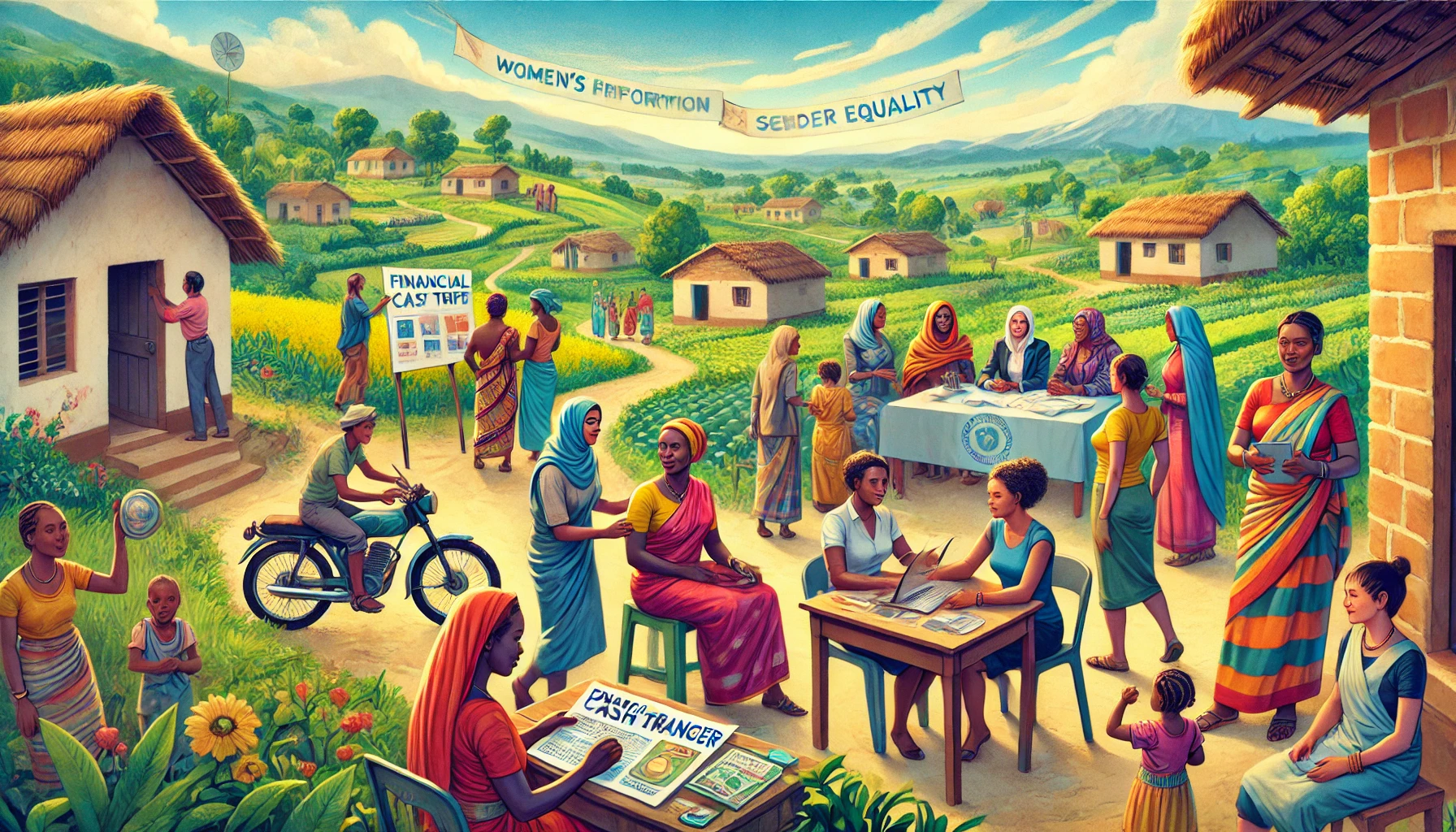Ganief Hendricks Calls for Solutions to Strengthen SA's Social Protection Systems
At the Launch of the Social Security Review Volume 2, Hendricks Emphasizes the Need for Evidence-Based Policies and Inclusive Discussions Post-COVID-19.

- Country:
- South Africa
During the official launch of the Social Security Review Volume 2 at the Human Sciences Research Council (HSRC) Head Office in Cape Town, Deputy Minister of Social Development Ganief Hendricks urged thought leaders and stakeholders to move beyond mere questioning and instead contribute actionable solutions to enhance South Africa’s social protection systems. The event, held on Monday, convened influential figures from government, academia, research, and civil society to reflect on the pandemic’s impact on social protection and explore innovative strategies to address ongoing challenges.
Deputy Minister Hendricks acknowledged the collaborative effort behind the publication, which is the result of joint work between the Department of Social Development, the HSRC, and independent experts. He highlighted the Social Security Review as a vital platform for independent critique and examination of government interventions on essential policy matters, stating, “Your work is essential for building an informed society that can hold policy decisions to account and ensure they benefit every South African.”
Since its initial release in February 2022, the Social Security Review has emerged as a crucial resource, shedding light on the systemic gaps exposed by the COVID-19 pandemic. Hendricks noted, “The pandemic brought social protection to the forefront globally,” marking it as a pivotal moment for the mobilization of social protection measures worldwide.
Addressing Systemic Gaps
Despite the global progress, Hendricks identified significant gaps within South Africa’s social protection framework, including inadequate coverage and poor data management for vulnerable groups, particularly affecting unemployed adults, seasonal workers, and informal sector employees. He emphasized that these shortcomings disproportionately impact women, who are often employed in insecure, informal jobs.
“The experiences from COVID-19 present a compelling case for more ambitious policies,” he argued, suggesting the need for discussions around initiatives like the Universal Basic Income Grant. He stressed the urgency of national conversations on overdue policy choices, linking these to President Cyril Ramaphosa’s strategic focus on poverty reduction and managing the cost of living.
Evidence-Based Decision-Making
Hendricks underscored the importance of evidence-based decision-making in guiding social security reforms, especially with the upcoming National Consultative Dialogue scheduled for December 16. This dialogue will focus on developing a unified vision for the country’s social protection framework, which he described as foundational for reducing inequality and managing poverty.
“The capacity of social protection to reduce inequality and manage poverty is foundational to our nation’s stability,” Hendricks stated, highlighting the role of social security in promoting social cohesion and renewing the social contract with South Africans. He praised the tangible impact of social assistance programs, noting South Africa’s achievements in poverty reduction since the advent of democracy.
Current Social Assistance Landscape
Currently, South Africa provides income support to over 18 million vulnerable individuals, including children, older persons, and people with disabilities. The Social Relief of Distress (SRD) grant, initially a temporary measure during the pandemic, has benefited over 8.5 million unemployed adults affected by the crisis. Hendricks emphasized that this network of social assistance acts as a crucial lifeline during emergencies, stating, “One cannot imagine the depths of poverty our people might have faced without these protections.”
Future Directions
In light of climate change and the economic aftermath of COVID-19, Hendricks called for a reevaluation of South Africa’s social protection framework. “We must build a modern, comprehensive, and shock-responsive system,” he remarked, affirming that social protection reform is not merely policy but a constitutional mandate. He expressed optimism that ongoing collaboration with experts and academics will lead to significant progress in these critical areas.
Extending his gratitude to the authors, editors, and reviewers of the Social Security Review Volume 2, Hendricks declared the publication essential reading for legislators, scholars, and all invested in fostering a prosperous South Africa. He concluded with a call to action, encouraging all stakeholders to engage actively in creating solutions for a more equitable future.
- READ MORE ON:
- Ganief Hendricks
- Human Sciences Research Council










